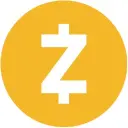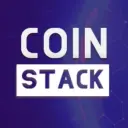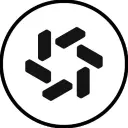Top 100 Hot Crypto Projects
Real-time display of top 100 Crypto projects by Popularity Index
Last Updated: 01-22 18:00
Rank | Project Name | Transparency Score | Tags | Popularity Index Trend (24h) | |
|---|---|---|---|---|---|
1
| 
ETHGAS
GWEI
| ||||
2
| 
Fight.ID
FIGHT
| ||||
3
| |||||
4
| 
Spacecoin
SPACE
| ||||
5
| 
Acurast
ACU
| ||||
6
| 
HeyElsa
ELSA
| ||||
7
| |||||
8
| |||||
9
| 
River
RIVER
| ||||
10
| 
Sentient
SENT
| ||||
11
| |||||
12
| 
Space
SPACE
| ||||
13
| |||||
14
| |||||
15
| |||||
16
| 
Solana Mobile
SKR
| ||||
17
| 
Solana
SOL
| ||||
18
| |||||
19
| 
Sui
SUI
| ||||
20
| |||||
21
| 
Surge
SURGE
| ||||
22
| |||||
23
| |||||
24
| 
Fogo
FOGO
| ||||
25
| 
Lighter
LIT
| ||||
26
| |||||
27
| 
TROVE
TROVE
| ||||
28
| 
ANT.FUN
ANB
| ||||
29
| |||||
30
| 
Zcash
ZEC
| ||||
31
| |||||
32
| 
Immunefi
IMU
| ||||
33
| |||||
34
| 
Monad
MON
| ||||
35
| 
Space and Time
SXT
| ||||
36
| |||||
37
| 
GUNZ
GUN
| ||||
38
| 
RollX
ROLL
| ||||
39
| |||||
40
| |||||
41
| 
Ondo Finance
ONDO
| ||||
42
| 
Binance
BNB
| ||||
43
| 
Naoris Protocol
NAORIS
| ||||
44
| 
Aster
ASTER
| ||||
45
| |||||
46
| |||||
47
| 
Dusk
DUSK
| ||||
48
| 
Hana
HANA
| ||||
49
| 
KGeN
KGEN
| ||||
50
|
- 1
- 2
Total 100
Page















































